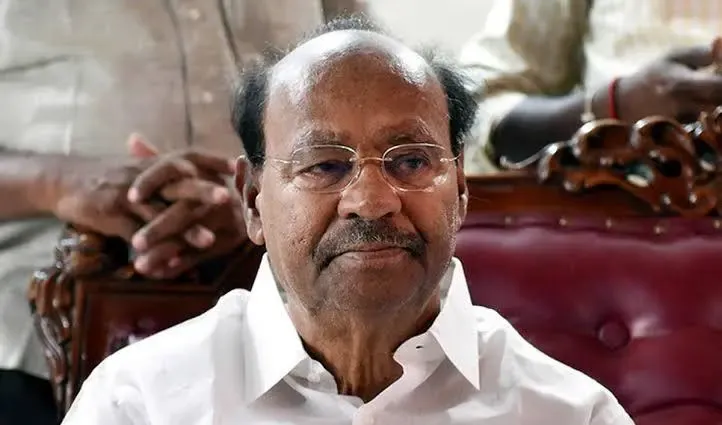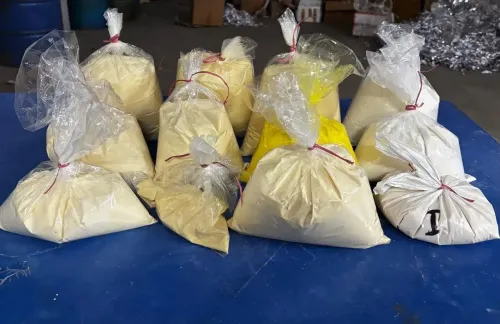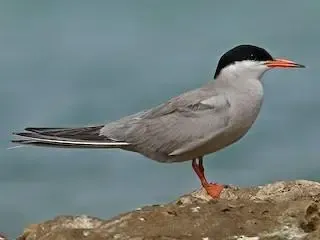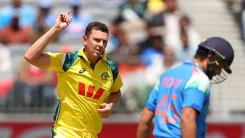Why is DMK Rejecting Alliance Overtures from Ramadoss Camp?

Synopsis
Key Takeaways
- DMK prioritizes unity with VCK over potential alliances with PMK.
- The decision reflects ongoing caste tensions in Tamil Nadu politics.
- VCK remains a crucial ally for DMK, particularly among Dalit voters.
- Historical events significantly shape current political dynamics.
- The PMK faces internal leadership challenges that complicate its political stance.
Chennai, Oct 19 (NationPress) The ruling DMK has reportedly declined the overtures from Dr. S. Ramadoss’ camp of the Pattali Makkal Katchi (PMK) that sought to rejoin the DMK-led coalition in anticipation of the 2026 Assembly elections.
According to party insiders, this move was made to maintain the unity of the current alliance, especially with the VCK, a vital DMK ally with a substantial support base among Dalits in northern Tamil Nadu.
Senior leaders from the DMK noted that the Ramadoss faction had recently reached out through unofficial channels to discuss a potential alliance. “We received signals from the PMK founder’s group, but our leadership preferred not to pursue it. Any attempt to incorporate PMK could disturb VCK's position and might even lead to their exit from the coalition. The DMK will not partner with either the father or the son in 2026,” stated a senior leader.
The PMK, established to advocate for the Vanniyar community's interests, is currently embroiled in a leadership struggle between Ramadoss and his son Anbumani Ramadoss.
The party's legislative division has not yet received formal acknowledgment for either faction in the Tamil Nadu Assembly, despite Anbumani's group submitting requests.
The last instance of PMK and VCK collaborating within the DMK alliance was during the 2011 Assembly elections, where PMK contested 30 seats and secured three, while VCK, contesting 10, did not achieve victory.
VCK MP D. Ravikumar emphasized that the DMK leadership holds the authority over alliance decisions, reiterating VCK's longstanding opposition to forming a partnership with PMK or the BJP.
“We hold Dr. Ramadoss in high regard as an esteemed leader, and our leader Thol. Thirumavalavan even inquired about his health recently. However, when it comes to alliances, the DMK will make the decision,” he mentioned.
Analysts remember that in 2011, PMK was able to attract considerable support even in Dalit-majority constituencies like Jayankondam. Nevertheless, the caste violence in Dharmapuri in 2012, instigated by an inter-caste marriage, created a significant divide between Dalit and non-Dalit communities in the area. Since then, caste-related tensions have continued, with VCK accusing PMK of inciting conflict.
In July, Tamil Nadu Congress Committee president K. Selvaperunthagai’s visit to Dr. Ramadoss faced backlash from VCK, prompting senior Congress officials, including Manickam Tagore, to step in and reaffirm support for Thirumavalavan's party.









